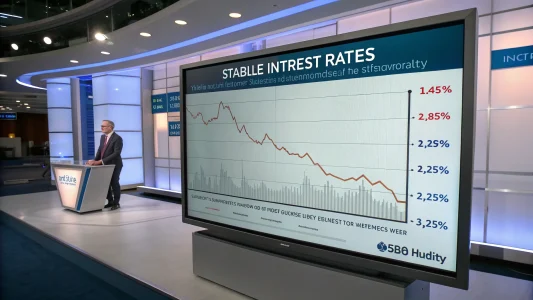Following Google’s most recent discovery and rumors that the US government might invest in businesses creating the technology, quantum computing is receiving more attention than ever. Notwithstanding the enthusiasm, the sector still has significant financial and technical obstacles to overcome before investors can anticipate steady returns.
The value of U.S.-listed quantum stocks has increased recently; D-Wave Quantum has more than quadrupled in value, and IonQ has almost doubled in value over the last six months. This increase is a result of growing interest in a field that has the potential to influence national security and international competition, much like artificial intelligence. It also highlights the enormous potential of quantum computing.
Quantum computing attracts investors
Information is processed differently by quantum computers than by traditional machines. They employ quantum-mechanical “qubits,” which can exist as both at once, as opposed to bits that represent a one or a zero. This enables them to test several options simultaneously, allowing them to solve issues that would take a very long time for regular computers to solve. Researchers have already used quantum computers to find materials that enhance solar cells, model Airbus aircraft performance, and optimize power grids.
Performance still lags, though. The most sophisticated quantum computers available today rarely perform better than conventional ones due to the small size and error-proneness of their systems. One of the most difficult problems in technology is still creating massive, error-free quantum computers. Many are big, delicate, and costly because they need to be cooled to almost zero degrees. With a 156-qubit system, IBM, which has been working on quantum systems for ten years, is at the forefront of the field. To surpass traditional computers, analysts estimate that these devices will require thousands of qubits. Google wants 1,000 qubits by 2033, while IBM’s roadmap calls for 2,000. Google said last month that its chip was 13,000 times faster than a typical computer at some calculations.
Scalability must precede growth
“Scalability is the primary question as you look from now to the next five years or the end of the decade,” said Wamsi Mohan, a Bank of America analyst. “If you can make them scalable then the usefulness of this technology really becomes quite significant.”
The competition to scale up is still very much open. Although Google and IBM have made significant investments, Microsoft and Amazon are also stepping up their quantum initiatives. Potential dark horses include startups like PsiQuantum, which is developing large-scale quantum systems in Chicago and Australia.
Featured Image Credit: Markus Winkler; Pexels: Thank you!















